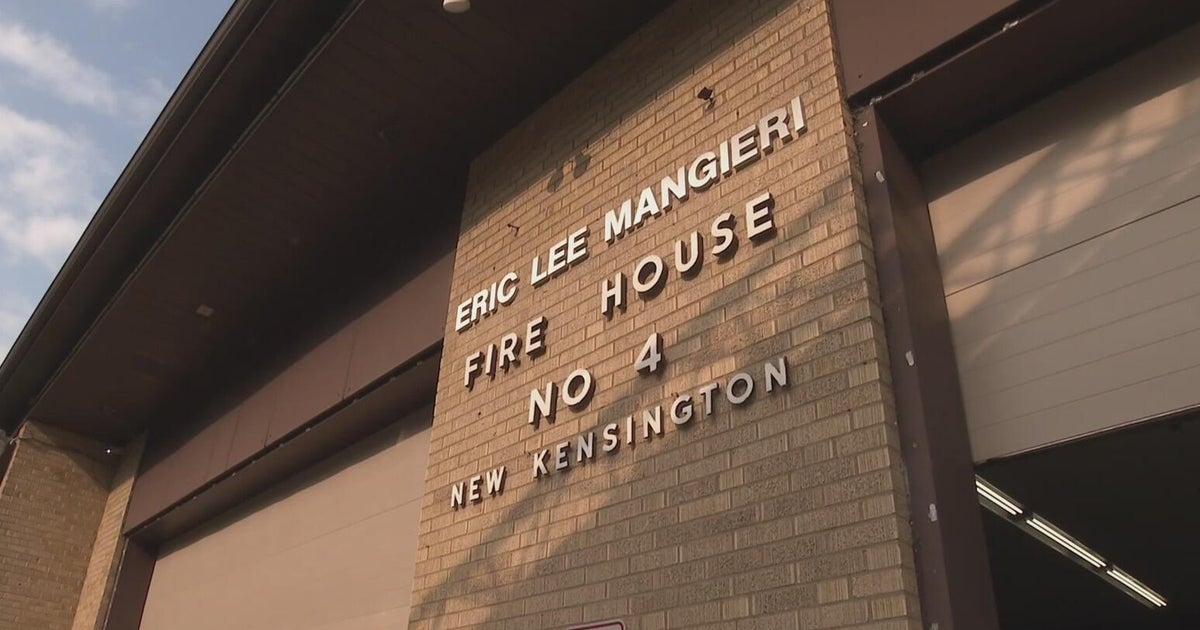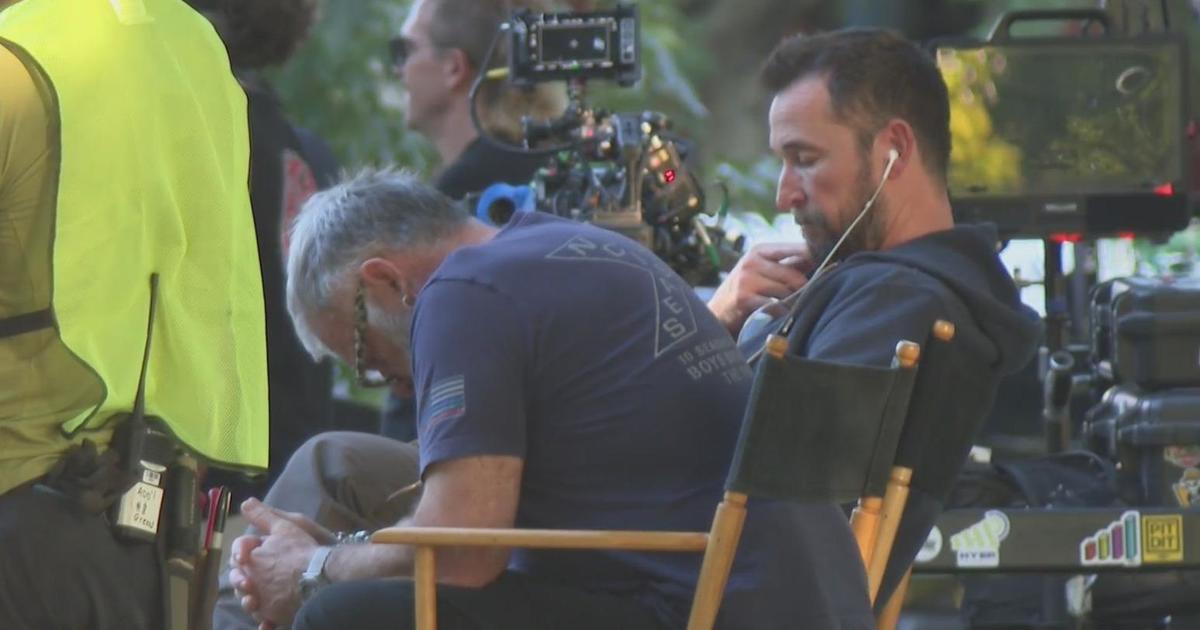Curls And Dimples: Shirley Temple Dies At 85
SAN FRANCISCO (AP) -- Any kid who ever tap-danced at a talent show or put on a curly wig and auditioned for "Annie" can only dream of being as beloved - or as important - as Shirley Temple.
Temple, who died Monday night at 85, sang, danced, sobbed and grinned her way into the hearts of Depression-era moviegoers and remains the ultimate child star decades later. Other pre-teens, from Macaulay Culkin to Miley Cyrus, have been as famous in their time. But none of them helped shape their time the way she did.
Dimpled, precocious and adorable, she was America's top box office star during Hollywood's golden age and such an enduring symbol of innocence that kids still know the drink named for her: a sweet, nonalcoholic cocktail of ginger ale and grenadine, topped with a maraschino cherry.
Her movies - which included "Bright Eyes" (1934), "Curly Top" (1935), "Dimples" (1936) and "Heidi" (1937) - featured sentimental themes and musical subplots, with stories of resilience that a struggling American public strongly identified with.
Her early life was free of the scandals that have plagued Cyrus, Lindsay Lohan and so many other child stars - parental feuds, or drug and alcohol addiction.
She was a tribute to the economic and inspirational power of movies, credited with helping to save 20th Century Fox from bankruptcy and praised by President Franklin D. Roosevelt himself as a bright spirit during a gloomy time.
She was "just absolutely marvelous, greatest in the world," director Allan Dwan told filmmaker-author Peter Bogdanovich in his book "Who the Devil Made It: Conversations With Legendary Film Directors."
"With Shirley, you'd just tell her once and she'd remember the rest of her life," said Dwan, who directed her in "Heidi" and "Rebecca of Sunnybrook Farm." ''Whatever it was she was supposed to do - she'd do it. ... And if one of the actors got stuck, she'd tell him what his line was - she knew it better than he did."
Her achievements did not end with movies. Retired from acting at 21, she went on to hold several diplomatic posts in Republican administrations, including ambassador to Czechoslovakia during the sudden collapse of communism in 1989.
Temple, known in private life as Shirley Temple Black, died at her home near San Francisco. The cause of death was not disclosed.
She appeared in scores of movies and kept children singing "On the Good Ship Lollipop" for generations. From 1935 to 1938, she was the most popular screen actress in the country and was a bigger draw than Clark Gable, Joan Crawford or Gary Cooper.
In 1999, the American Film Institute ranking of the greatest screen legends put Temple at No. 18 among the 25 actresses.
"I have one piece of advice for those of you who want to receive the lifetime achievement award: Start early," she quipped in 2006 as she was honored by the Screen Actors Guild.
In "Bright Eyes," Temple introduced the song "On the Good Ship Lollipop." She was teamed with the dancer Bill "Bojangles" Robinson in the 1935 movies "The Little Colonel" and "The Littlest Rebel." Their tap dance up the steps in "The Little Colonel" (at a time when interracial teamings were rare in Hollywood) became a landmark in the history of film dance.
At age 6, she won a special Academy Award - and was presented with a miniature Oscar statuette - in 1935 for her "outstanding contribution to screen entertainment" in the previous year.
Temple became a nationwide sensation. Mothers dressed their little girls like her, and a line of dolls was launched. Roosevelt observed: "As long as our country has Shirley Temple, we will be all right."
Temple's mother, Gertrude, worked to keep her daughter from being spoiled by fame and was a constant presence during filming.
But Temple later suggested that in some ways, she grew up too soon. She stopped believing in Santa Claus at age 6, she once said, when "Mother took me to see him in a department store and he asked for my autograph."
Decades later, her interest in politics brought her back into the spotlight.
She made an unsuccessful bid as a GOP candidate for Congress in 1967. After Richard Nixon became president in 1969, he appointed her as a member of the U.S. delegation to the United Nations General Assembly. In the 1970s, she was U.S. ambassador to Ghana and later U.S. chief of protocol.
She then served as ambassador to Czechoslovakia during the administration of President George H.W. Bush.
She considered her background in entertainment an asset to her political career.
"Politicians are actors too, don't you think?" she once said. "Usually if you like people and you're outgoing, not a shy little thing, you can do pretty well in politics."
Born in Santa Monica, Calif., to an accountant and his wife, Temple was little more than 3 when she made her film debut in 1932 in the Baby Burlesks, a series of short films in which tiny performers parodied grown-up movies, sometimes with risque results.
Temple married Army Air Corps Pvt. John Agar in 1945. They had a daughter, Susan, in 1948. The actress filed for divorce the following year. She married Charles Black in 1950, and they had two more children, Lori and Charles. That marriage lasted until his death in 2005 at age 86.
(Copyright 2014 The Associated Press. All rights reserved. This material may not be published, broadcast, rewritten or redistributed.)



